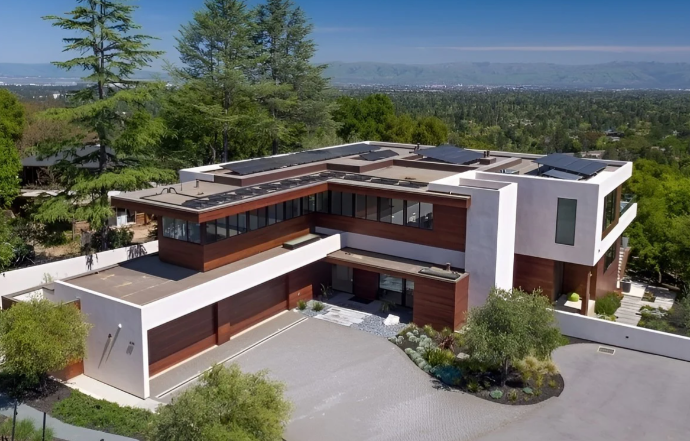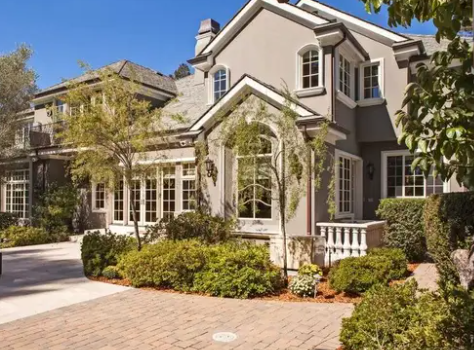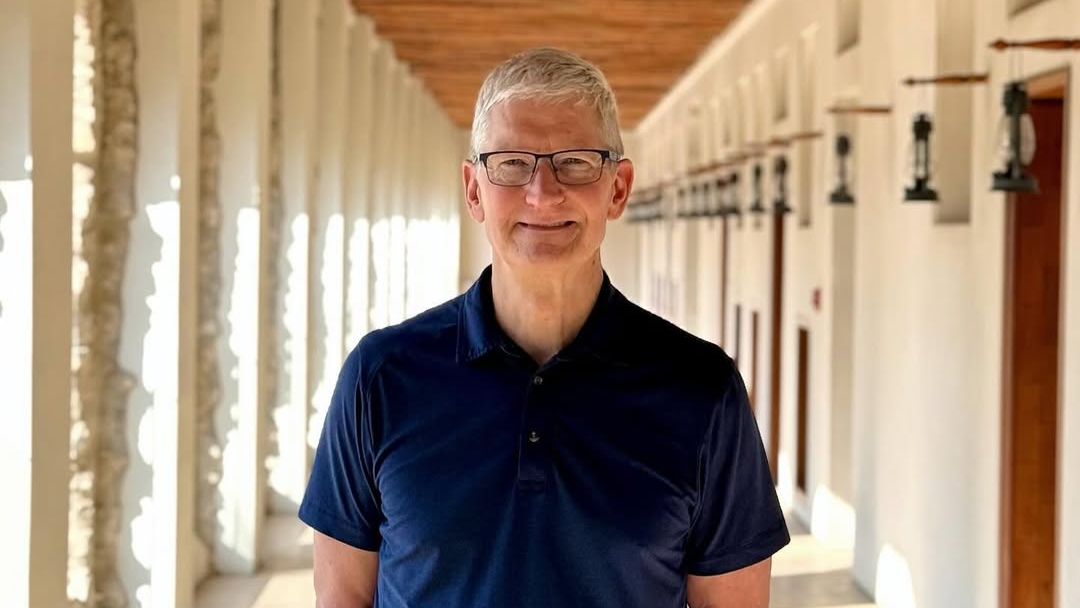Inside the Real Estate Portfolios of CEOs With Multiple Homes
As the ultra-wealthy continue to shape the global economy, many of the world’s most powerful CEOs aren’t just investing in companies—they're diversifying into high-end real estate across multiple continents. From Malibu retreats to alpine estates in Switzerland, these homes are more than residences; they’re part of a carefully managed lifestyle strategy that blends privacy, status, and asset growth.
Are CEOs Still Buying Second Homes in 2025?
Yes—despite higher interest rates and increased scrutiny on wealth inequality, second (and third, and fourth) homes remain popular among billionaire executives. In fact, according to a 2025 Knight Frank report, luxury second-home ownership rose by 7% year-over-year globally, with particular growth in the tech and finance sectors.
These purchases aren’t just emotional—they’re strategic. Many properties are held in trusts or LLCs, used for board meetings, creative retreats, or even as future wealth preservation for heirs.

Sundar Pichai
Sundar Pichai – California, New York, and India
Google and Alphabet CEO Sundar Pichai is known for his low profile, but his real estate strategy is anything but minimal. His main residence in Los Altos Hills, California is reportedly valued at over $14 million. He also maintains property in Manhattan and is said to own family homes in Chennai, India—ensuring connectivity to both business and heritage. His disciplined, globally conscious lifestyle extends beyond property—take a closer look at how he starts each day and stays productive.

Sundar Pichai's residence in Los Altos Hills
Jeff Bezos – Beverly Hills, Maui, and Washington D.C.
Jeff Bezos, Amazon founder and Blue Origin visionary, owns a sprawling portfolio of homes. His $165 million estate in Beverly Hills is complemented by properties in Washington D.C. and a lavish compound in Maui, Hawaii. Each location serves a purpose: media events in L.A., political connections in D.C., and privacy in Maui. Before this modern empire of residences, one Seattle property offered an early glimpse into the billionaire’s evolving lifestyle and ambitions.

Reed Hastings – California and Montana
Netflix co-founder Reed Hastings has long advocated for work-life balance—and his residences reflect that. His primary home in the Bay Area is equipped with a tech-forward design, while his Montana property offers solitude and space, ideal for creative thinking and sabbatical retreats.
Elon Musk – Texas, Bay Area (sold), and Tiny Homes
While Elon Musk made headlines for selling off many of his properties in California, he retains a residence near SpaceX's Starbase in Boca Chica, Texas. He has reportedly experimented with modular, ultra-minimal homes manufactured by Boxabl. His lifestyle is intentionally fluid, but real estate still plays a quiet role in his business logistics.

Sheryl Sandberg – Menlo Park and Malibu
The former Meta COO holds significant property in Silicon Valley, as well as a luxury residence in Malibu. While not flashy, her homes are integrated into both her philanthropic work and her business advisory roles, offering proximity to both venture ecosystems and policy circles.

Sheryl Sandberg's sold Sillicon Valley property
Tim Cook – California and Idaho
Apple CEO Tim Cook is famously frugal, but his reported holdings include his main residence in Palo Alto and a quieter, expansive property in Idaho. The Idaho estate offers retreat-level seclusion, useful for high-level off-grid meetings or wellness-focused sabbaticals.

Why CEOs Choose Multiple Homes
Multiple residences are not merely indulgences. They're part of a lifestyle matrix:
-
Time zone coverage – Operating across the U.S., Europe, and Asia often requires homes in different hemispheres.
-
Tax strategy – Certain locations offer advantageous tax positioning when structured properly.
-
Security and privacy – Gated estates, private islands, and off-grid locations reduce risk.
-
Wellness and retreat functionality – Homes double as stress-reduction sanctuaries in high-performance careers.
Conclusion
Owning multiple homes remains a hallmark of executive-level success—but it's more calculated than it looks. These properties offer far more than square footage: they are tools of influence, privacy, and strategic leverage in a post-pandemic world where flexibility and discretion are the new luxuries.













